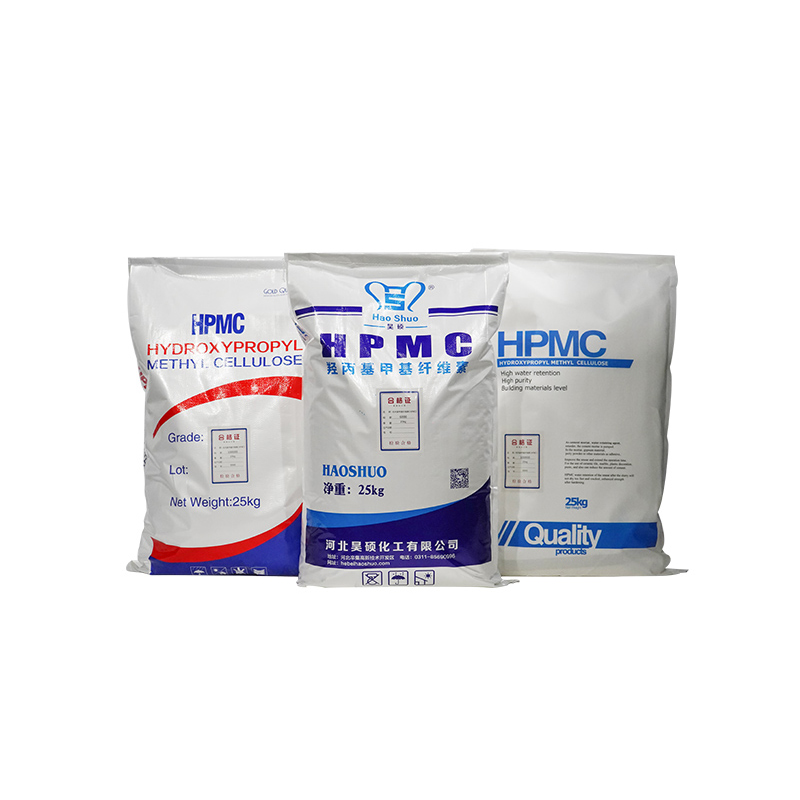Hydroxypropyl Methylcellulose (HPMC) is an essential ingredient used across multiple industries, including pharmaceuticals, construction, food processing, and cosmetics. Its diverse range of applications means that companies seeking reliable raw materials must carefully select an HPMC products supplier that can meet their specific demands for quality, quantity, and compliance.
What Makes HPMC So Valuable?
HPMC is a semi-synthetic polymer derived from cellulose, making it a non-toxic, biodegradable material that offers excellent binding, thickening, emulsifying, and film-forming properties. These characteristics make it particularly useful in:
- Pharmaceuticals: Used in tablets, capsules, and controlled-release drug formulations.
- Construction: Improves water retention and workability in cement and plaster.
- Cosmetics: Acts as a stabilizer and thickener in creams, lotions, and shampoos.
- Food Products: Serves as a thickener, emulsifier, and vegetarian gelatin alternative.
Due to its multifunctional nature, demand for HPMC is steadily increasing. Businesses need a dependable HPMC products supplier who can deliver consistent, high-quality materials.
Why the Right Supplier Matters
The quality of HPMC you use can directly influence your final product’s performance, shelf life, and customer satisfaction. Choosing the right HPMC products supplier ensures that your manufacturing process runs smoothly and meets industry regulations.
Quality Assurance
A reputable supplier follows strict quality control standards. They should be able to provide certifications and laboratory test results to verify the purity, viscosity, and moisture content of the HPMC products they supply.
Supply Chain Reliability
Timely delivery is crucial in every industry. A good supplier has a well-managed inventory and logistics network, ensuring that you receive your order on time and avoid costly delays in production.
Industry Compliance
An experienced HPMC products supplier understands the importance of regulatory compliance. They will ensure that their materials meet the standards of industries such as food safety or pharmaceutical manufacturing, depending on your business requirements.
How to Identify a Trustworthy HPMC Products Supplier
Finding the right supplier requires more than a simple online search. Here are key factors to consider:
Experience and Expertise
Choose a supplier with proven experience in the industry. A supplier that understands the unique needs of different sectors can better assist you in selecting the right grade and formulation of HPMC for your application.
Transparent Communication
A trustworthy supplier will communicate openly about their production capabilities, delivery schedules, and pricing structures. Transparency helps build trust and minimizes the risk of misunderstandings or delays.
Technical Support
Sometimes, you may need technical assistance in selecting or using HPMC products. The right supplier will have experts who can guide you through product selection, performance testing, and application optimization.
Customization Options
Businesses with specific formulation needs should seek a supplier that offers customization. Whether it’s particle size, viscosity, or packaging options, a supplier who can tailor their product offering is a valuable partner.
Long-Term Supplier Relationships Benefit Your Business
Establishing a long-term relationship with a reliable HPMC products supplier can offer significant benefits. It ensures better pricing agreements, improved inventory planning, and a greater level of responsiveness during urgent or high-demand periods.
Moreover, consistent collaboration allows your supplier to better understand your evolving needs, enabling them to provide proactive solutions that enhance your production process.
Conclusion
In today’s competitive and fast-paced industries, the importance of partnering with a dependable HPMC products supplier cannot be overstated. From ensuring product quality to meeting regulatory standards, the right supplier plays a crucial role in your business success.
When choosing your supplier, prioritize experience, reliability, product consistency, and customer support. Doing so will not only improve your operational efficiency but also help you deliver better products to your market — every time.

